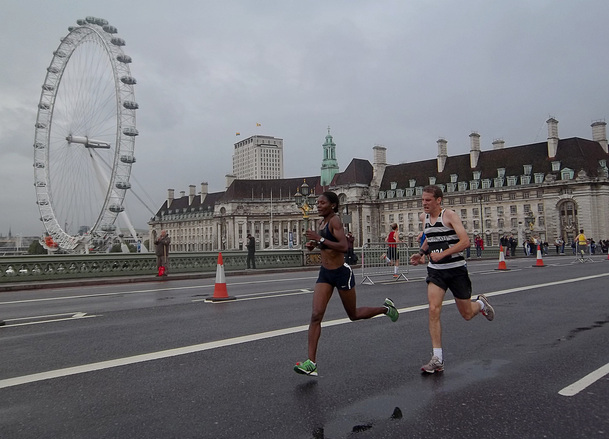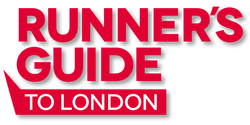
If you've ever run the London Marathon, you'll be familiar with mental toughness as that thing you need most when you start heading west again from Canary Wharf.
It's what gets you out the door on a cold rainy winter's morning and is that thing that keeps you running all the way to the top of Parliament Hill without a sneaky walk.
It's a key component of any endurance sport, but how does it relate to injury and over-training problems? Is it always a good thing or can it actually be destructive?
Dr Josephine Perry has recently released the results of her study into the psychology, training habits and training mishaps of 591 amateur endurance athletes (runners, triathletes and cyclists) and her findings and recommendations are worth tucking away:
1. Watch that Niggle. She found that over half of all injuries lasting over a week began just as a niggle. So to ignore a niggle can be risky business. Josephine says, "Get the niggle looked at and rest the area to prevent it building into something more serious."
2. Mind Strength Is All Good. The study found no significant relationship between high mental toughness and overtraining or injury rates. Josephine explains that this "is positive and implies that mental toughness skills need not be feared. Therefore, if you get an opportunity to take some mental toughness training, seize it." E.g. take another trip up Parliament Hill while you're there!
3. Test Yourself. Finally, Josephine provides a short self-test to determine your own mental toughness. Give this a try now by answering the following statements (answer: A - very true; B - Mostly true; C - a little true; D - Not at all true).*
- I worry about performing poorly
- I am overcome by self-doubt
- I get anxious by events I did not expect or cannot control
- I get angry and frustrated when things do not go my way
Here's Josephine's advice if you scored below a total of 11:
"Learn to be honest with yourself and listen to what your body is telling you about when you are tired and when to rest. If you have a coach do not switch off listening to your body and just do everything they say, feed back to them openly and honestly about how you are feeling and any issues or niggles.
In particular, if your main communication with your coach is over the phone or email describe how you are feeling and your concerns so they can adapt your training effectively. If you do get an injury recognise you have a greater propensity to go back to training quicker than advised and resolve to accurately follow the advice from the sports medical professional about how long to rest and recover for."
If you have any questions or would like to know more about the research please contact: [email protected]
* Sheard, M. (2013). Mental toughness: The mindset behind sporting achievement. Hove: Routledge. Summary of research undertaken for the dissertation element of an MSc in Psychology


 RSS Feed
RSS Feed


